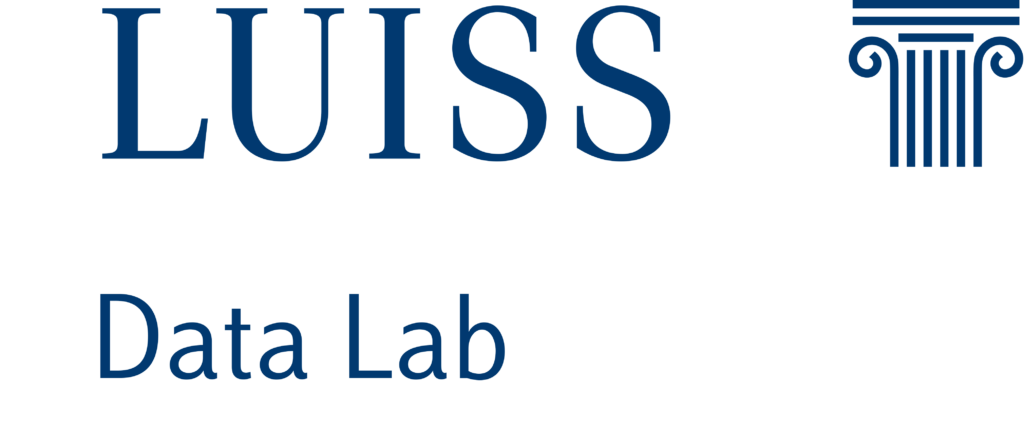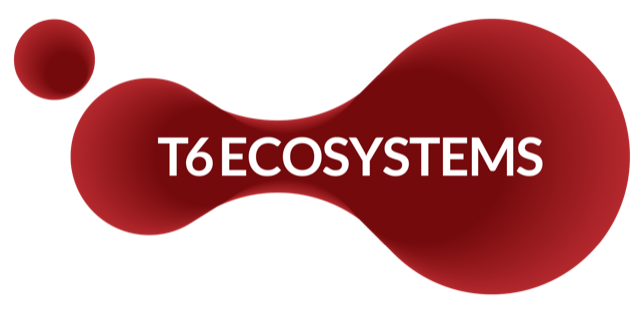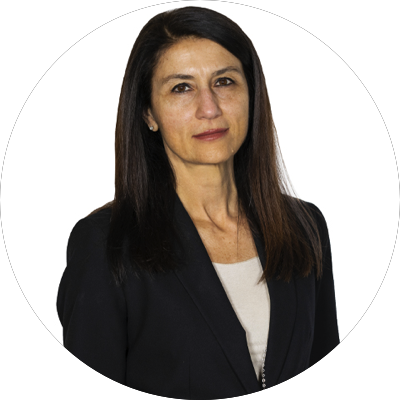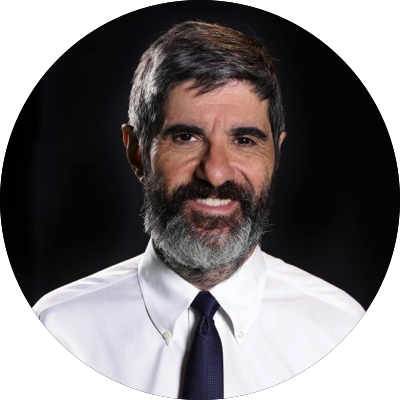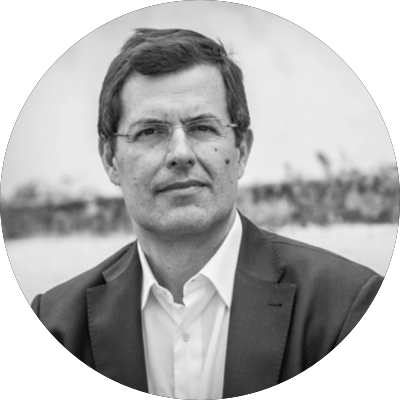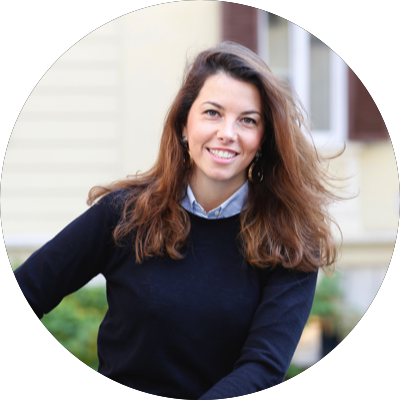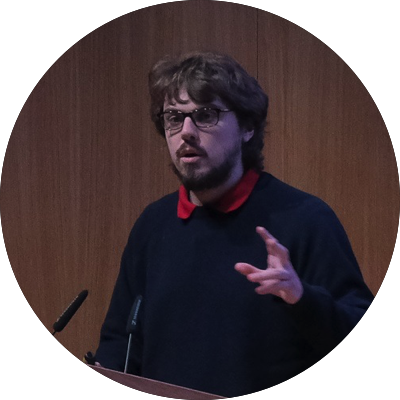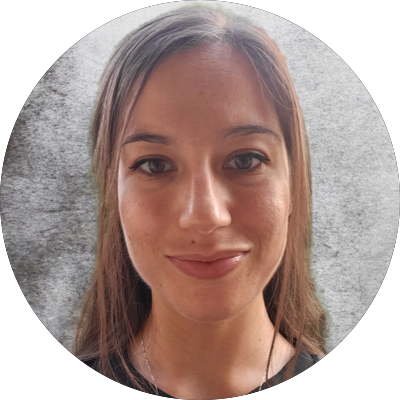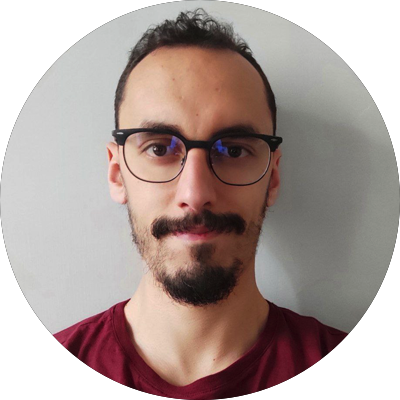WELCOME TO LATIF
Fact-checking beyond the facts
Leveraging argument technology for impartial fact-checking
About LATIF
This project brings the Analysis of Competing Hypotheses (ACH) methodology to the fact-checking domain to counter and control for cognitive bias in the fact-checking process. The project will develop a new generation of digital tools based on ACH to empower and improve fact-checking organizations’ decision-making processes. LATIF begins with a qualitative assessment of fact-checkers understanding and identification of cognitive bias. The project will then leverage these insights to inform the design of a digital infrastructure to improve fact checkers’ decision-making processes towards impartiality (de-bias fact-checking tool). The usefulness of these tools will be then assessed through feedback provided by the fact-checkers and observing potential changes in public visibility of the enhanced fact-checks combining qualitative and quantitative methodologies.
Blog

Impartial Fact Checker – the LATIF new tool
This tool was developed as part of the LATIF project in collaboration with ARG-tech. It is designed to assist fact-checkers in their daily work by

Transparency is Crucial for User-Centered AI, or is it? How this Notion Manifests in the UK Press Coverage of GPT
Transparency is a core principle for a user-centered AI present in all recent regulatory initiatives. Is it equally present in the public discourse?

Fuzzy clustering of spatial interval-valued data
In questo articolo realizzato in collaborazione con il Dipartimento di Scienze Sociali ed Economiche dell’Università La Sapienza, sviluppiamo un algoritmo di classificazione di unità che

LATIF survey – invitation to participate
In the LATIF project we are trying to build a digital tool to help journalists and fact-checkers being impartial in verifying information
Repositories

Impartial Fact Checker – the LATIF new tool
This tool was developed as part of the LATIF project in collaboration with ARG-tech. It is designed to assist fact-checkers in their daily work by
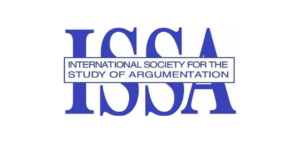
Proceedings of the Tenth Conference of the
International Society for the Study of
Argumentation
The Tenth Conference of the International Society for the Study of Argumentation(ISSA), held at Leiden University, the Netherlands, from 4-7 July 2023, drew togetheraround 250

Relevance theory for mapping cognitive biases in fact-checking: an argumentative approach
In the fast-paced, densely populated information landscape shaped by digitization, distinguishing information from misinformation is critical. Fact-checkers are effective in fighting fake news but face

Let’s make Fact-Checking engaging: a computational social science approach for the analysis and evaluation of Fact-Checking discourse at scale
To counter disinformation, a plethora of fact-checking organizations have arisen, but the fake news phenomenon is far from being solved. Whilst research in computational social
People
Livia De Giovanni is a Full Professor of Statistics. She teaches at the Department of Business and Management and the Department…
Gianni Riotta is a Visiting Professor at Princeton University in the French and Italian Department, specializing in digital humanities, machine writing…
Andrea Nicolai is the CEO and founder of T6, a consulting and research company. The combination of a humanistic education…
Simeon is the Professor of Digital Culture in the Department of Communications and Media at the University of Liverpool and Joint…
Chris Reed is Professor of Computer Science and Philosophy at the University of Dundee in Scotland, where he heads the Centre for…
Elena Musi is a Senior Lecturer (Associate Professor) in Communication and Media at the University of Liverpool where she is Program Lead…
Simona De Rosa (PhD) works in T6 Ecosystems where she is Director of the “Media and Creative Industries Research Department”…
Lorenzo Federico works for Luiss Data Lab as a Data Science research fellow. His research interests are mainly related to the theory…
Mariavittoria Masotina is a research assistant in the Department of Communication and Media at the University of Liverpool…
Ayoub Mounim graduated in theoretical physics from the University of Turin and obtained a PhD in Quantum Field Theory and…
Federica Urzo graduated in Political Science and International Relations from the University of Naples Federico II. After her studies…
Gian Marco Passerini is a professional journalist and the content creator at Luiss DataLab..
